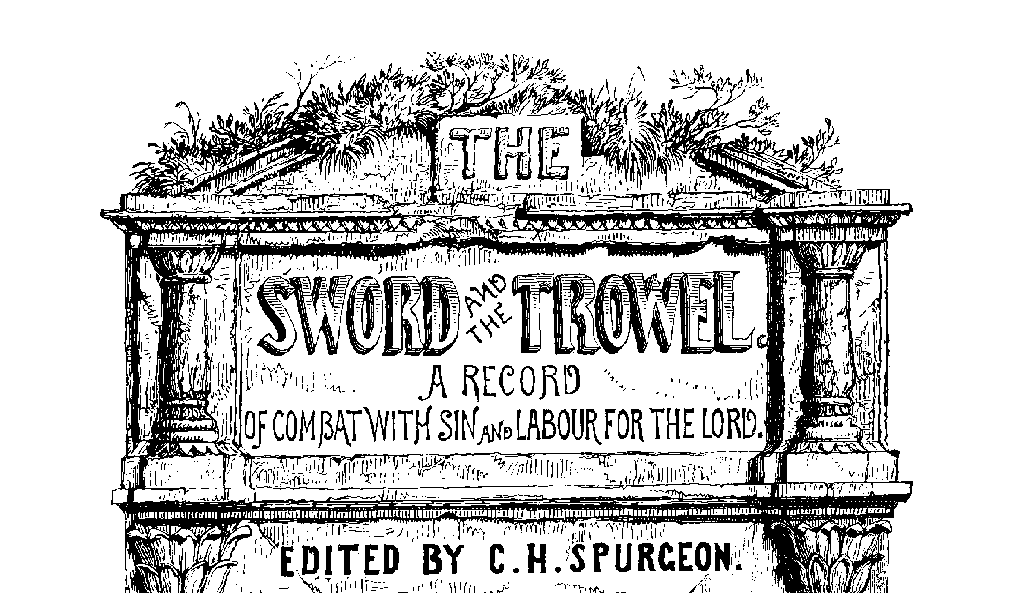»Some who have manifested deep concern for the responsibility of man and have feared that the emphasis on God’s activity would crowd out the responsibility of man have proposed as the fundamental principle [of „Calvinism“] the combined thought of God’s sovereign decree and the responsibility of man, since they saw in Calvinism an emphasis upon both factors.
It is undoubtedly true that Calvinism does stress human responsibility to a very high degree. But again it would not be according to the genius of the Calvinist to place God’s sovereign decree and man’s responsibility, or any other aspect of man, on a level. God is to the Calvinist the first and last word, the primary thought always.
God’s sovereign decree and man’s responsibility do present themselves to the human mind as an apparent contradiction, an antinomy, a paradox, something which the mind of man fails to solve. This paradox, like the one of God’s transcendence and His immanence, or spirit and matter, the Calvinist readily adopts, even though he cannot solve it. However, he adopts this paradox, not because he holds to two coequal fundamental principles, God’s sovereignty and the freedom and responsibility of man, but just because he wants to let God be God.
He discovers that God in His written Word has stressed the responsibility of man, and that He is in no wise accountable for the sin of man, even though He is Ruler of all. It is just because the Calvinist would let God be God, that is, the final Authority for his thinking, even when his own logic fails to give an adequate account of things, that he accepts the full responsibility of man, as God has informed him in His Word. The sovereignty of God, it will then be seen, is a prior thought to the responsibility of man.«
H. Henry Meeter, The Basic Ideas of Calvinism (Grand Rapids: Baker Book House, 1939), Kap. I, S. 29–40.
Warum also müssen Gottes Souveränität und die Verantwortung des Menschen stets zusammengehen? Weil Gottes Wort ganz klar beides lehrt und nirgendwo irgendeinen Widerspruch zwischen diesen beiden Wahrheiten benennt.
Wer hier eine Spannung wahrnimmt und diese einseitig auflösen will, leidet an Tension Deficient Disorder 😉

